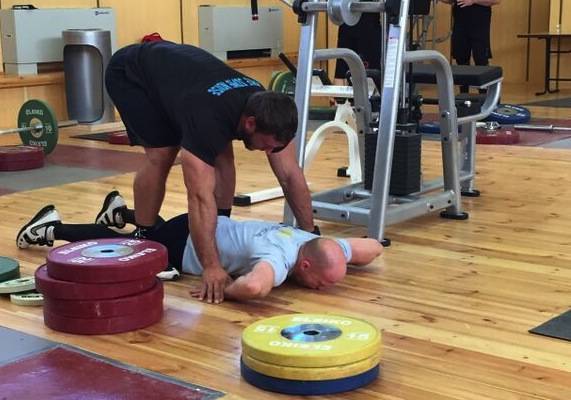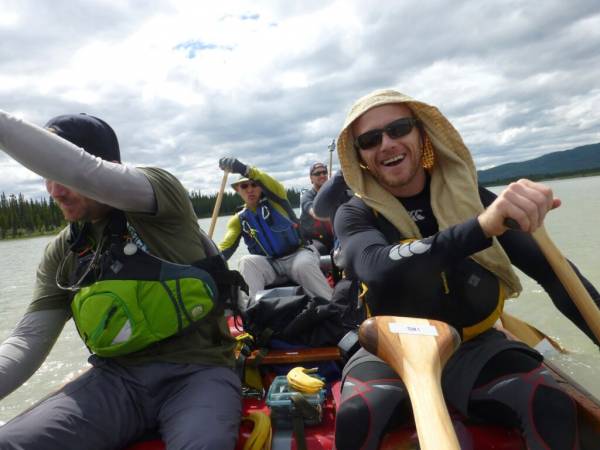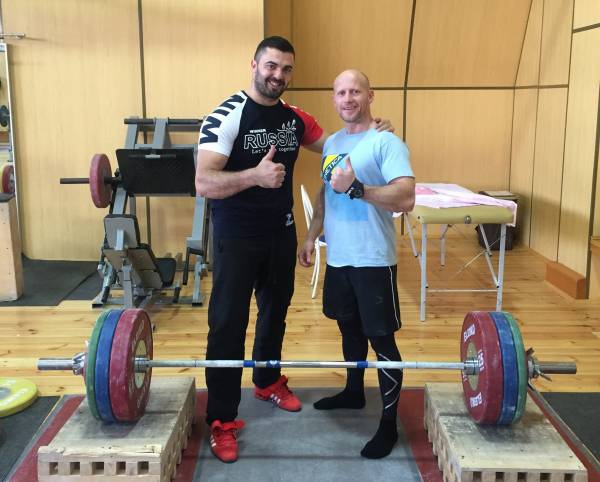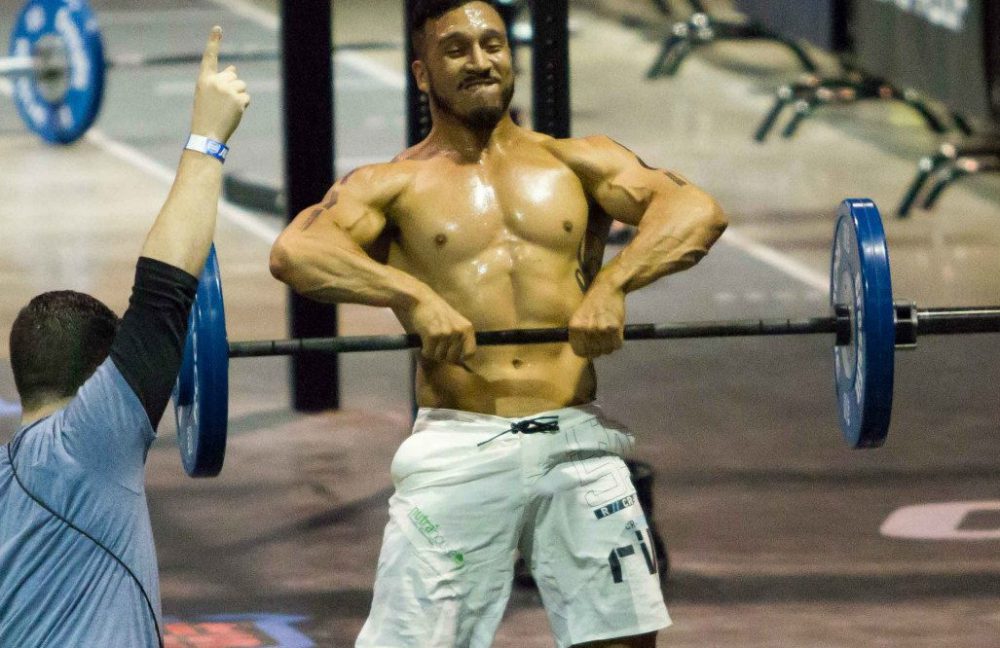Before you get all elite, you might need to dial back to the fundamentals that exist in and outside the gym.
Absorbed into the screen of your computer, you sit in silence and watch the flawless execution of a rep. The seemingly effortless move from start to finish has your mind searching for answers.
Like a voyeur, you keep scrolling through the wonder world of the Internet. All you see is perfection at every level, the elite work of the full-time athlete. Suddenly, you are no longer comparing your one rep max with the other guys in the gym, but with a female Russian lifter who is half your weight. The waistband of your shorts snaps back into place as you check your manhood, feeling the shrivel of defeat.
But performance at the elite level is built from a foundation of simplicity and consistency. The comparison between you and the young female is actually an insult to her dedication to succeed. Before you get all elite, understand you need to dial back to the fundamentals that exist in and outside the gym.
Performance at the elite level is built from a foundation of simplicity and consistency.
1. Earn the Right to Progress
Training is a lifetime pursuit. The mistake many athletes make is a lack of appreciation that every exercise stems from a certain base level of movement. Sliding your feet and catching the bar deep into a snatch comes from hours spent in a deep overhead squat. From practicing with a wooden pole when your whole body is screaming at you to skip onto the bar like your hero.
“Training is more than just a physical presence. It’s a mental practice of improving every aspect of your time spent in the gym.”
Regardless of the sport or skill required, a simple question must be answered. Where are you right now in that skill continuum? You have to be honest and find your own starting point and then progress incrementally.
What you have then is information you can implement into your own training plan. You adapt to the training response of your own body and don’t break down your body with the volume only a well-drilled machine of an athlete could handle.
2. Move With a Purpose to Improve
You don’t have the luxury of filling your day with all the nuances of training. So, let’s be honest for a second. Is that latest animal crawling pattern you see everyone doing benefiting that troubled ankle you always complain about when you struggle in the squat?
“Is that latest animal crawling pattern you see everyone doing benefitting that troubled ankle you always complain about when you struggle in the squat?”
From the moment you walk into the gym, have a definite purpose. Training is more than just a physical presence. It’s a mental practice of improving every aspect of your time spent in the gym.

Working on purposeful movement with Dmitry Klokov.
Does your movement prep deal with mobility issues? Is that core drill complementing a compound lift? Do you get lost in another world in your rest periods scrolling down your phone or do you focus on breathing drills to recover more quickly? The choice is yours.
3. Find Radiators, Not Drains
Life will expose you to two different types of people. On one side, that person who always has a problem, continually complaining. The type of person who drains the life from one person to the next with their negativity.
“Your training space should be filled with a community of radiators, who take not only training but your everyday life to the next level.”
Then you meet the boom of energy that radiates beyond a smile from another athlete in the last few seconds of a skin-tearing set of kettlebell snatches. This person is awesome to be around, and out of the two, will be the one who keeps you in the zone.
In a healthy and productive training environment, you leave life’s little mishaps at the door. Your training space should be filled with a community of radiators, who take not only training but your everyday life to the next level.

Radiating energy after 715km in a boat with friends.
4. Find the Right Coach
At some point you are going to have to make decisions for yourself. Once you step into the ring, onto the field of play, or onto the lonely platform, you are the one in control. This is not simply applied from reading a book. It’s an immersion into your training and sport with a coach who slowly leads you to asking your own questions.
“If you want to achieve more than you currently think is possible, then find a coach, preferably through a recommendation. Listen, and above all trust his or her process.”
Spending two weeks with 2004 Russian Olympic Gold medallist, Dmitry Berestov, endlessly asking him questions and watching the interaction between coach and athlete left me in no doubt. To quote Berestov himself, “The best athletes have been coached to think, not depend.”
If you want to achieve more than you currently think is possible, then find a coach, preferably through a recommendation. Listen, and above all trust his or her process.

Me with Olympic Gold medallist Dmitry Berestov.
5. Get a Life
You are more than just a six-pack or a good set of glutes. You are a living example of what you do outside the gym walls. Two hours of training will not undo a missed meal, endless nights of poor quality sleep, or a work-life balance that is stressing you more than the thought of a 2km rowing time trial when you are just over five feet tall (or is that just me?).
“Remember that there is such a thing as living, especially when your training isn’t a matter of life, death, or getting a medal.”
Joking aside, the build-up of all the little stresses will have a huge impact as you apply the pressure of volume and intensity in your training time. Something will give and it’s normally a body part. Remember that there is such a thing as living, especially when your training isn’t a matter of life, death, or getting a medal.
Conclusion
It’s easy to get stuck in the details of programming and the OCD-like sexiness of the numbers, percentages, tempos, and rep ranges that are shared all over the Internet. Realize there is more to being elite than time spent in the gym.
More Like This:
